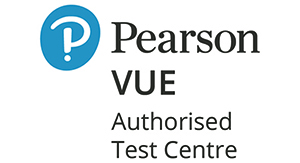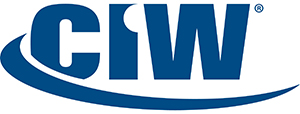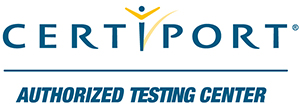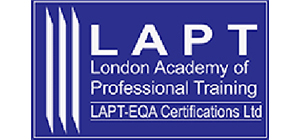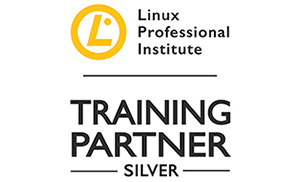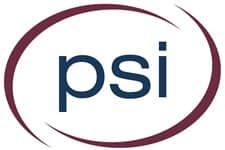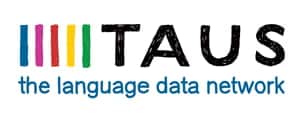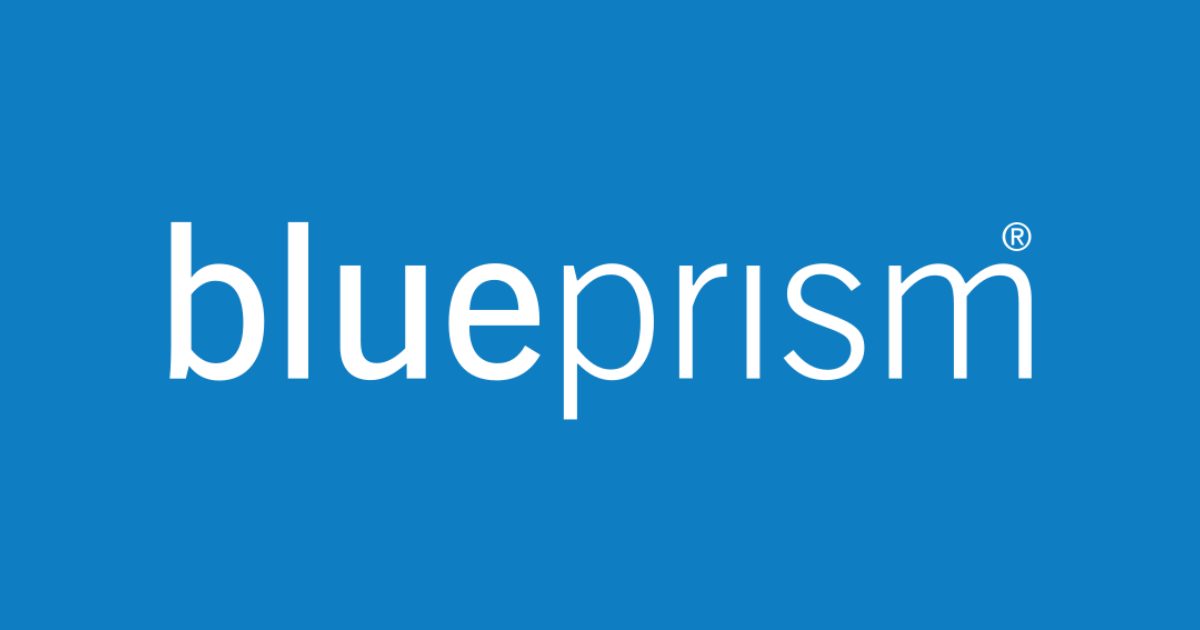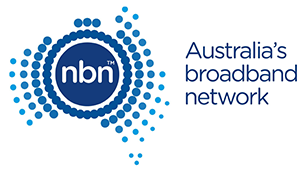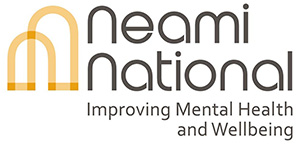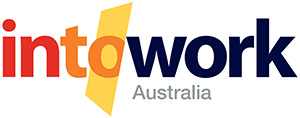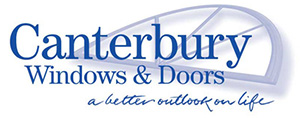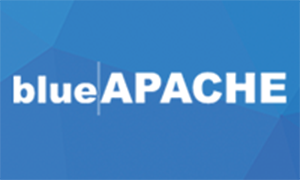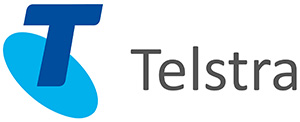Microsoft 10987: Performance Tuning and Optimising SQL Databases Course
Microsoft 10987: Performance Tuning and Optimising SQL Databases Training
Microsoft 10987 Performance Tuning and Optimising SQL Databases training course is ideal for managing and maintaining SQL Server databases and developing an understanding and ability to performance change and improve databases.
The Microsoft 10987 Performance Tuning and Optimising SQL Databases training course is based on modules. Participants are encouraged to use the content as reference materials to reinforce what they learn in the class and explore more depth topics.
Logitrain provides instructor-led theory and practical understanding during the Microsoft 10987 training course.
Basic knowledge of Microsoft Windows operating system and its core functionality. Working knowledge of database administration and maintenance.
There is no certification exam associated with this course.
Logitrain Microsoft SQL course material
- Describe the high-level architectural overview of SQL Server and its various components
- Describe the SQL Server execution model, waits and queues
- Describe core I/O concepts, Storage Area Networks, and performance testing
- Describe architectural concepts and best practices related to data files for user databases and TempDB
- Describe architectural concepts and best practices related to Concurrency, Transactions, Isolation Levels and Locking
- Describe architectural concepts of the Optimizer and how to identify and fix query plan issues
- Describe architectural concepts, troubleshooting scenarios and best practices related to Plan Cache
- Describe architectural concepts, troubleshooting strategy and usage scenarios for Extended Events
- Explain data collection strategy and techniques to analyse collected data
- Understand techniques to identify and diagnose bottlenecks to improve overall performance
This course is likely to add to the employment-related skills of the participants. The skills developed are likely to be used in the course of being an employee or working in a business.
- Technical Consultants
- Database Administrators
- IT Helpdesk Support Officers
- SQL Administrators
- SQL Server Components and SQL OS
- Windows Scheduling vs SQL Scheduling
- Waits and Queues
- Describe the SQL Server components and SQL OS
- Describe the differences between Windows Scheduling and SQL scheduling
- Describe waits and queues
- Core Concepts
- Storage Solutions
- I/O Setup and Testing
- Describe the core concepts of SQL I/O
- Describe storage solutions
- Setup and test I/O
- Database Structure Internals
- Data File Internals
- TempDB Internals
- Describe the internal setup of database structures
- Describe the internal setup of data files.
- Describe the internal setup of TempDB
- Windows Memory
- SQL Server Memory
- In-Memory OLTP
- Describe the components of Windows memory
- Describe the components of SQL Server memory
- Describe In-Memory OLTP
- Concurrency and Transactions
- Locking Internals
- Explain concurrency and transactions
- Describe locking
- Statistics Internals and Cardinality Estimation
- Index Internals
- Columnstore Indexes
- Describe statistics internals
- Explain cardinality estimation
- Describe why you would use Columnstore indexes and be able to implement one
- Query execution and optimizer internals
- Query execution plans
- Analysing query execution plans
- Adaptive query processing
- Describe query execution and optimizer
- Analyse query plans and resolve common issues
- Plan cache internals
- Troubleshooting plan cache issues
- Automatic tuning
- Query store
- Describe plan cache
- Troubleshoot plan cache issues
- Describe query store and why you would use it
- Extended events core concepts
- Working with extended events
- Describe the core concepts of extended events
- Implement extended events
- Monitoring and tracing
- Baselining and benchmarking
- Describe various options for monitoring and tracing
- Describe various options for benchmarking and baselining

Get a Certificate of Attendance to prove your commitment to learning

This training course does not have any exam associated with it

Course material in digital format is included for flexibility and ease of use

Practise questions are provided for better understanding of the key concepts

Attend the course with an instructor at our training center or from anywhere

Relax, we will beat competitor’s advertised price in Australia. Our course has no extra costs
| Location | Type | Duration | Price | Dates | |
|---|---|---|---|---|---|
| Location | Type | Duration | Price | Dates |
The supply of this course/package/program is governed by our terms and conditions. Please read them carefully before enrolling, as enrolment is conditional on acceptance of these terms and conditions. Proposed dates are given, courses run subject to availability and minimum registrations.
Find out why we are the leading choice to help boost your career in Australia
| Approachable and knowledgeable; comfortable surroundings. Logitrain does make IT training easier |
I recently followed the ITIL Foundation course at Logitrain. The training, materials and facilities were excellent and I would not hesitate to train with Logitrain again.
Thanks for a great week! Really enjoyed and feel I picked up a lot. Great Trainer! Will definitely look at further studies here.
Well-presented and able to convey immense knowledge to class. All queries were responded to promptly.
Excellent teaching method, easy to understand.
Logitrain provided a valuable insight into ITIL and enabled me to excel and advance my knowledge through a simple and well organised series of sessions.
Great place to study for certification, knowledgeable persons, excellent customer service. Ready to answer queries on the spot, very helpful.
The trainer was very patient and gave everybody the opportunity to participate.
The trainer explained everything very well. Logitrain was very helpful for me in getting a better overall understanding of CCNA. I previously had studied it 2 years earlier but required revision
Over 1000 organisations have relied on Logitrain to be their trusted training partner.

Don’t Wait. Please fill the form now.






